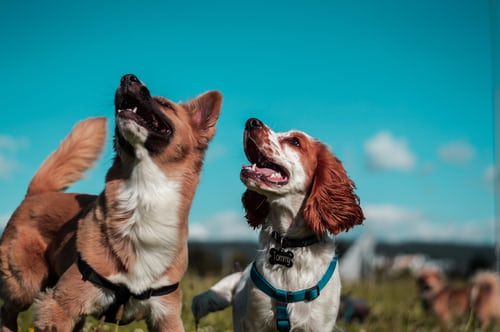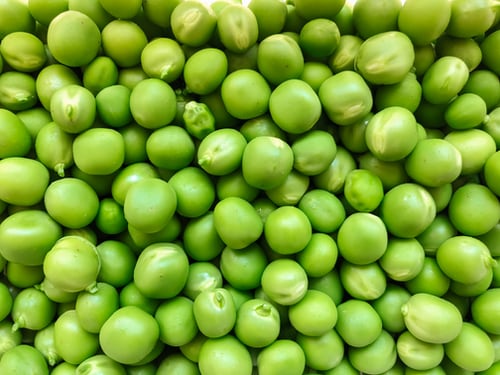Summary:
"Perhaps, the biggest worry almost all the pet parents have is about their beloved dog’s nutrition. We all want to ensure that our pups get the best nutrition so they grow up to be big and strong dogs. Even if your dog is old enough, you still need to ensure that they don’t suffer from any diseases due to nutritional deficiencies. We tend to assume that whatever we eat is just as good for our dogs, however, this isn’t true. Some veggies are very beneficial for our dogs but others are extremely harmful and should be avoided. Not all owners know which ones to avoid and this is why so many dogs suffer from food poisoning every year.
In this article, we’re going to take a look at some of the most common vegetables we usually consume. We’ll discuss which of these can be safely fed to your dog and which ones can be potentially fatal."

1. Broccoli
Unfortunately, your dog is going to have to eat broccoli from now on because it’s not harmful at all. Most dogs don’t really enjoy the taste of broccoli but it all varies from dog to dog. Just like excess of everything is harmful, excess consumption of these green veggies is also not advised. Too much of it can cause gastric irritation.
2. Carrots
If you’ve ever seen your dog eating a carrot, you can understand how much your dog loves them. Carrots are totally fine raw or cooked and are good for a dog’s health. It’s a high fiber snack with very low calories which means that your dog will poop easily after eating this and their gut biome will stay healthy. Carrots are also rich in beta-carotene which is a great source of vitamin A.
3. Spinach
Spinach is something that you can and can’t feed your dog. It’s fine to be consumed in moderation but it can be harmful if taken in excess. Spinach is rich in oxalic acid which leads to reduced absorption of calcium which can severely affect your dog’s bone health. Too much spinach also puts unnecessary stress on the kidneys and can cause long-term damage. You have to balance these kinds of foods just like you have to balance every other aspect of your dog’s life. Balance is important for a dog’s proper growth and even the dog people at Pawsome have said the same on their website here, so don’t be reckless and pay attention to every single thing your dog eats. Also, spinach doesn’t contain a lot of beneficial nutrients.
4. Onions
Now, this is something that you should keep far away from your dog. Most human food contains a lot of onion which is why most dog owners don’t realize how harmful it is for their pet’s health. It’s a part of the family of plants known as Allium and all these plants are poisonous to most house pets including dogs. The effects of consuming onions can be very severe and may include diarrhea, vomiting, stomach ache, and much more due to the bursting of their RBCs.
5. Peas
Whatever types of peas you can find, your dog can eat them all. It’s great news that dogs love to eat peas and that peas are very beneficial for them as well. Peas contain a lot of vitamins and minerals besides being rich in protein, all of these are exactly what your dog needs in their diet, and peas are a cheap and easy way of enriching their diets. The only thing you need to remember when it comes to feeding your dog with peas is that they shouldn’t be canned because canned peas usually contain high amounts of sodium which can harm your dog.

When you have a dog, it’s like having a new member of the family that you have to give care and attention to. One of the most important areas that you need to put some effort into is providing them with a healthy diet and making sure that they’re not eating anything that might be harmful to their health. These are all the commonly found vegetables that your dog should and shouldn’t eat. Remember that an excess of anything can be just as harmful as a deficiency which is why it’s on you to keep your dog’s diet balanced. Dogs are just like little kids, they don’t know what’s best for them. As their owner and caretaker, you have to make the effort to feed them beneficial vegetables even though they don’t taste great.
